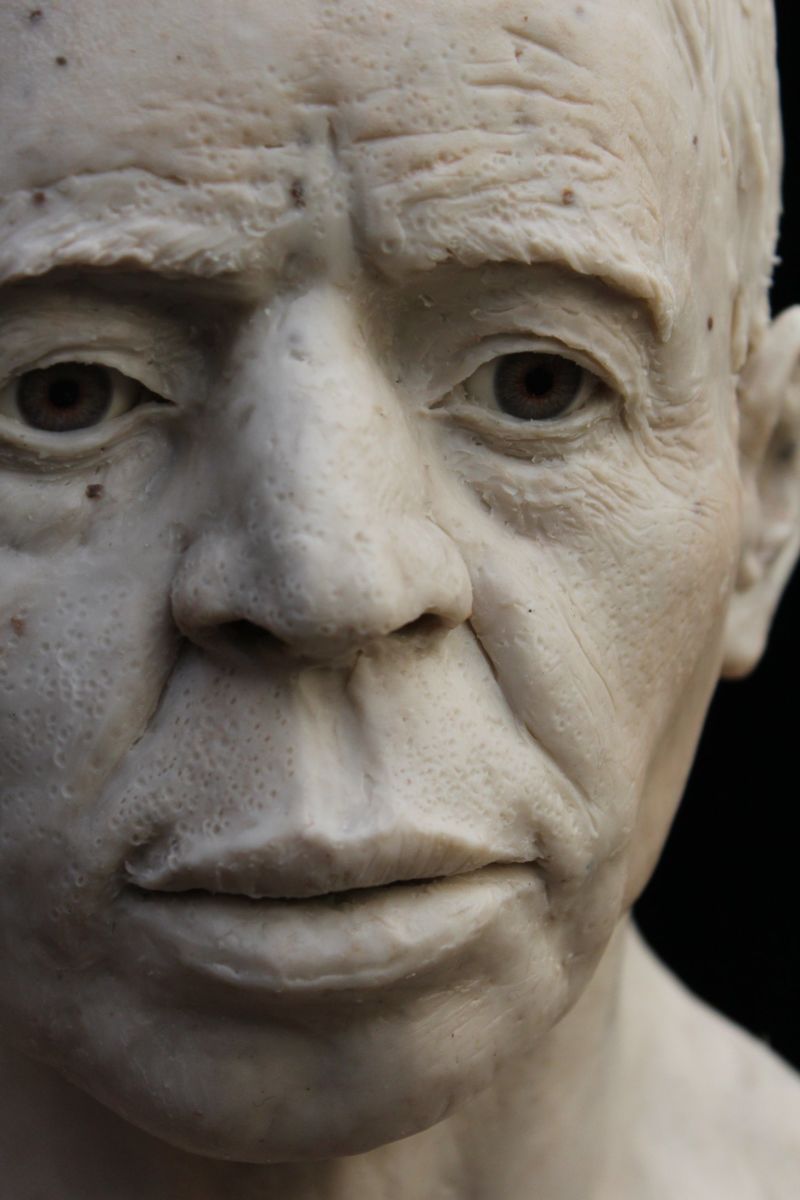Reconstruction of a 9,500-Year-Old Man from Jericho
Researchers at the British Museum have utilized forensic science combined with the latest scanning technology to reconstruct the face of a man who lived approximately 9,500 years ago. This significant discovery offers a unique insight into the lives of early humans and their customs.

The Jericho Skull: A Key to the Past
This remarkable reconstruction is based on the Jericho Skull, which was discovered in 1953 by the British archaeologist Kathleen Kenyon. It is believed that the skull was covered in plaster during a Neolithic ceremony, illustrating the cultural practices of that time.

The Reconstruction Process
To create an accurate representation of the face, researchers employed micro-CT scanning to reveal the model of the skull hidden beneath the plaster. This advanced technology enables a deeper understanding of human anatomy from the past.

Details of the Reconstruction
The intricate work involved inserting pegs to gauge tissue depth, allowing for a highly accurate build-up of the facial features. The face was meticulously constructed in clay, representing one muscle at a time, which showcases the careful craftsmanship behind this scientific endeavor.


Through this fascinating project, iBestTravel aims to illuminate the lives of ancient peoples and their contributions to human history. Such reconstructions not only enhance our understanding of early human civilizations but also bridge the gap between the past and the present.




